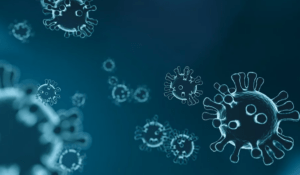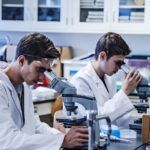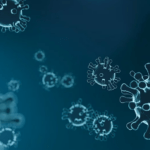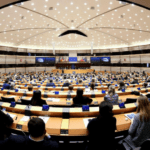Since the very beginning of the crisis, the European Commission has designed and implemented a set of measures to protect its staff in view of the evolving developments in the spread of the coronavirus (COVID-19).
The Commission’s approach in the management of this crisis has been to take all possible precautionary measures based on facts and scientific evidence, in consultation with the European Centre for Disease Prevention and Control (ECDC), in line with the World Health Organisation (WHO) and in coordination with the national health authorities’ guidance and recommendations in the respective host countries. These precautionary measures first and foremost aim at containing the spread of the virus and to reduce the risk of infection of our staff while ensuring business continuity. The measures currently applied take into account the latest decisions by the authorities of Member States.
Measures implemented
- Since the beginning, the Commission provided for flexible working arrangements (teleworking) for colleagues reflecting the specific needs.
- As of 16 March, all colleagues in non-critical functions will telework. Colleagues who ensure critical functions will continue to be present at work, working in shifts.
- Also as from 16 March, all European Schools and Commission crèches/kindergarten will close as a precautionary measure, to reduce the spread of the virus.
- Any person with symptoms is asked to stay at home / self-isolate.
- Hygiene measures are systematically being reinforced and staff have been asked to observe them meticulously.
- Meetings or events with colleagues travelling from another country are held via video-conference or postponed if rescheduling is not possible. In case a meeting takes place, the lists of participants are being registered.
- All group visits are suspended. Decisions to maintain meetings with external individual visitors (fewer than 5) are taken on a case –by –case basis.
- All classroom courses and other training events for staff are suspended.
- Only absolutely essential missions (within or outside EU) will be maintained, provided that they cannot be replaced by videoconference.
Staff are informed daily via emails and a regularly updated dedicated webpage. Staff are also offered the possibility to ask questions by email or phone to a dedicated helpdesk 24/7. The Commission has clear guidance and workflow in place to deal with any confirmed cases of COVID-19 among its staff or in its buildings.







Leave a Reply